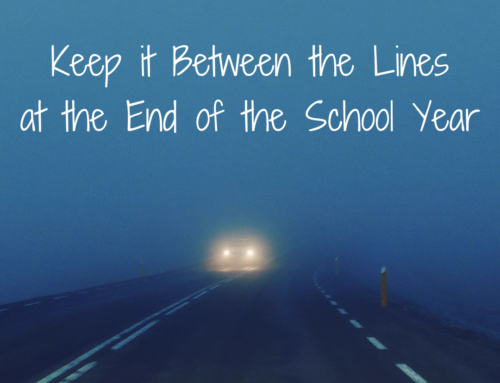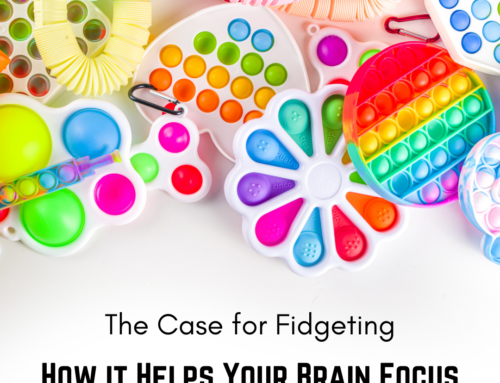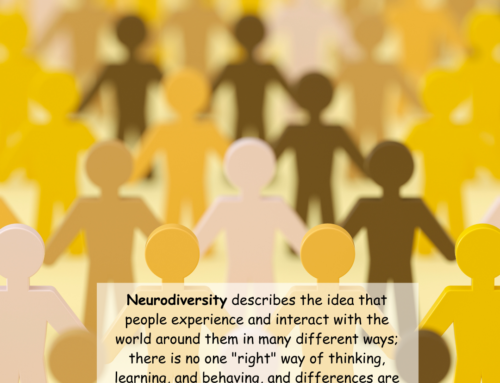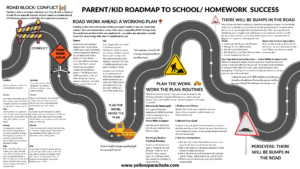I can remember the first time I knew that our oldest was lying to me; I felt like I’d failed as a parent. What could I possibly have done to create a human that would lie to me?
After I took a minute to talk myself off the parent-fail-ledge, I remembered a couple of the stories I’d told as a youngster. I regained perspective that lying is a developmental part of childhood. It’s also an important part of learning. That doesn’t take away the fact, however, that it’s frustrating, even scary, when our kids lie to us!
Lies create all kinds of problems. They get in the way of meaningful conversations, solving problems, and create distrust and bad feelings for the future. Lies can also have serious consequences, none of which your kid with ADHD may be thinking about when they dig in with a story you know is untrue.
Why?????
If we take a look at the executive functions of impulse control, working memory, and emotional regulation, we can see how a weakness in these areas could predispose kids with ADHD to lying – even habitually. There are always going to be distractions, accidents, and things they don’t want to do. It’s part of life.
Perhaps your kid ate the cookie or pushed another kid on the playground, and they don’t to want get in trouble. Or maybe they forgot to turn in the assignment for the 100th time and feel shame. Maybe they honestly forgot to unload the dishwasher but instead tell you, “you never said that,” or made a poor decision with friends and panic, because they don’t think you will let them use the car next time.
The fear of getting in trouble or perception of feeling criticized paralyzes your ADHDer’s decision-making brain, leaving only the fight-or-flight brain to work.
In addition, there’s a certain desperation that humans with ADHD feel; the highs are higher, the lows are lower, and the temptations, brain research shows, are greater. Great, right??!!!
So. All of these very real things considered, what can you do about lying, so you don’t fall into the habit of “blame and duck” with your kids? It feels horrible to keep checking up on them and wondering if anything they say is true. I get it – I’ve been there.
Here are a couple of ideas.
Set aside time to have a meaningful, connected conversation about the serious consequences of breaking the trust between the two of you. I call certain boundaries in our house non-negotiables, saying, “If I don’t know the truth, I can’t keep you safe;” for me, it comes down to safety and respect.
You can decide what your most important values are, and make them non-negotiables. Even if your kids try and resist, they will appreciate the clear boundaries.
Psychologist Peter Jaska adds the following suggestions:
-
Establish consequences for telling lies. Discuss these with your teen early on.
-
Confront lying when it happens, but do so in a calm, respectful manner. The most important goal is to teach responsible behavior, not to criticize or blame.
-
Be consistent and fair in enforcing consequences. Let the punishment fit the crime.
-
Demand accountability. Taking responsibility means owning up to the lie, showing repentance, and offering a sincere apology to you and, in some cases, the family.
-
Reward honesty. When little George Washington told the truth about cutting down the cherry tree, he demonstrated character and, thus, received a lighter punishment.
-
Be honest with yourself. Parents are the strongest role models in their teens’ lives.
Read Dr. Jaska’s full article The Truth About Your Child’s Lying.
One long term solution I’ve discovered is to talk through core values with students. I’ve worked through this activity (it takes about an hour) with children as young as 8 and parents my age too! We can all benefit from it. Here’s a list of the values sheet I use from Brené Brown’s Dare to Lead course.
Talking through core values allows you to pause and dig into your own beliefs. It helps you develop a closer connection for why you want to uphold the rules you think matter most and the actions you choose to honor them.
This exercise has worked so well in the past that I’ve included it in our Leaders of Tomorrow programming – executive function and leadership skills to develop a successful mindset, skillset, and habits for our students.
Our parent version of the course, FAMILIES who Lead starts on February 2, and there are a few spots left. Find out more here and register TODAY to reserve your spot. I promise what you learn will change your life! There are special offers for current Yellow Parachute Families. LEARN MORE
Meantime, thanks for reading, have an incredible weekend doing things you love with people you love, and I hope you’ve been able to take away something that will give you strength when you need it!
Yours in the journey,
Cara







